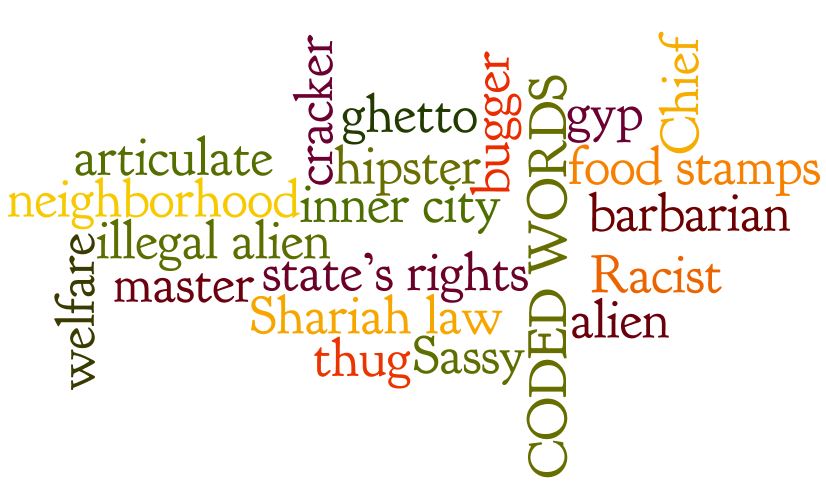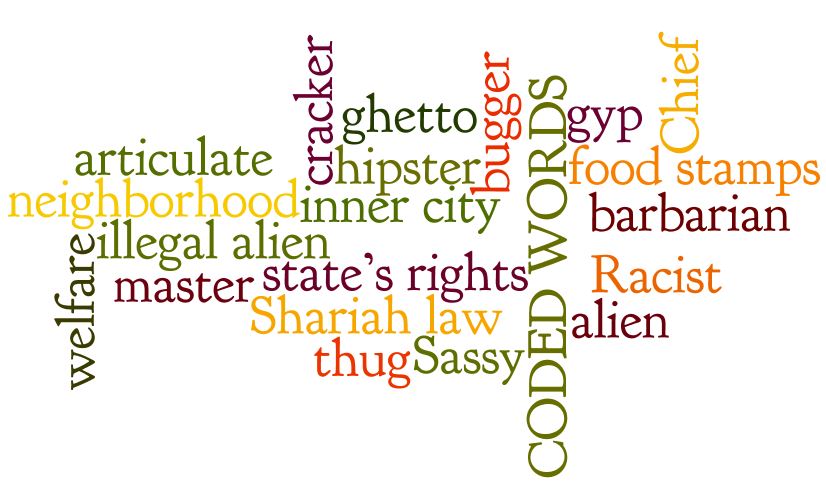Thug Is A Bad Word
Words, Race, Cultural Sensitivity, and the Evolution of Language


Joan Isabella
Join Detroit Today Host Stephen Henderson and guests NYU Associate Professor of Linguistics and Social and Cultural Director of Africana Studies Renee Blake and Wayne State Associate Professor of Journalism Fred Vultee for an examination of modern language and the bias imbued in certain words. The group looks at how current events and context can change the meaning of language and interpretation. Click the audio link above to hear the full story and read about some of it below:
- Blake describes the ideological change behind the word thug as a representation of how the media and the public view African Americans in today’s society. She says there is a relation between language and how media is allowed to use it and this reveals linguistic ideology by showing how people and words are categorized and indexed sometimes in unfair and biased ways. She notes there is a definite difference in the way that media perceives and describes events based on the race of people involved.
- Vultee and Blake look at the idea of the other being personified in modern language and its use. Vultee explains that the word thug seems to be used most frequently for the non-white population and especially for African Americans and says that unfortunately this it is sometimes used to express separation from a group that is deemed lesser. He says that there are definitely ways to look at how and who a word is used for and in journalism there is a, evolving struggle when it comes to determining the way to apply or use certain language.
- The group also look at how modern context and linguistics can have an influence on the way words are interpreted. Vultee says there’s sometimes a problem with keeping up with the idea of a word and its social context and this can lead to conflict over its application and intended use. Blake also notes that there are negative feelings assigned to some words that can be overcome through the process of appropriation and can help break the linguistic ideology of America that has created some of the social and categorical boxes that people are placed into.
Hear the full conversation by clicking the audio link above.
